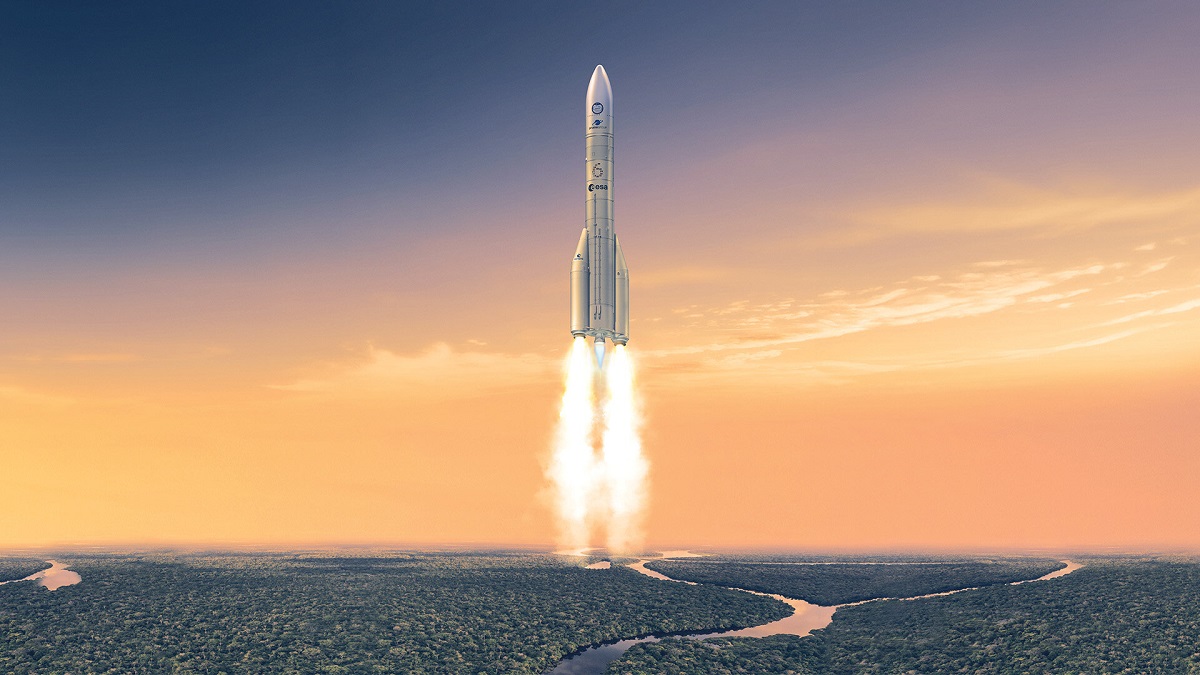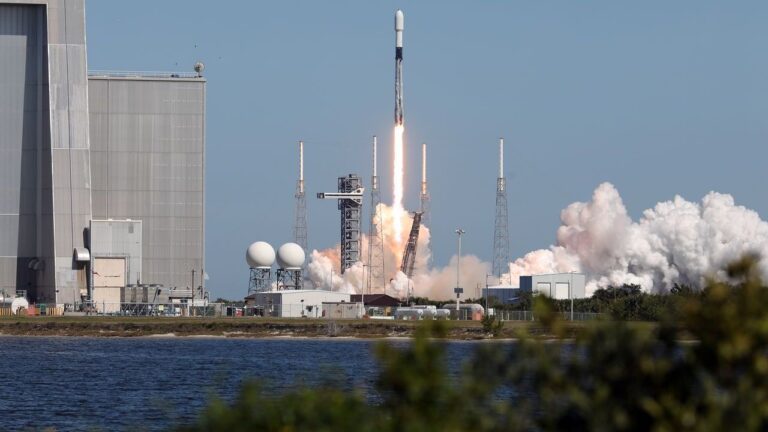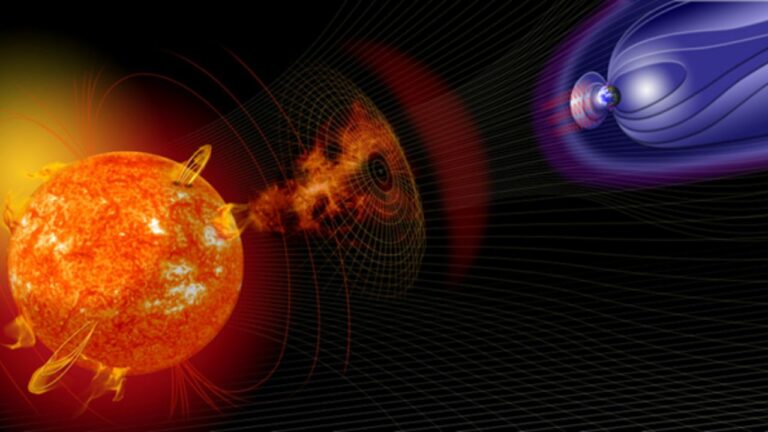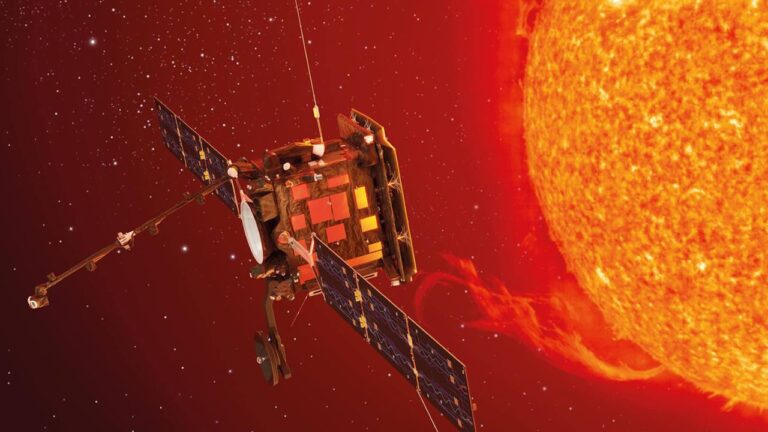
The European Space Agency (ESA) and its partners have officially scheduled the first launch of the Ariane 6 rocket for July 9. The announcement was made during the ILA Berlin air show on June 5, following a previous statement indicating the launch would occur in the first half of July. However, ESA has not yet specified the exact launch time or window for the event.
Final Preparations Underway
Martin Sion, Chief Executive of ArianeGroup, the prime contractor for the Ariane 6 rocket, expressed confidence in the upcoming launch. “The announcement of the scheduled date for Ariane 6’s first flight puts us on the home stretch of the launch campaign and we are fully engaged in completing the very last steps,” Sion said in a statement. These final preparations include a crucial fueling test and a practice countdown, known as a wet dress rehearsal (WDR), scheduled for June 18. The ESA did not provide any updates on this schedule during the latest announcement.
Demonstration Flight and Payloads
The inaugural flight of Ariane 6 will serve primarily as a demonstration. The rocket will carry eight cubesats from various companies and organizations, along with five payloads that will remain attached to the upper stage. Additionally, it will deploy two reentry capsules: one developed by ArianeGroup and the other by The Exploration Company, a European startup that recently received an ESA award for its commercial cargo spacecraft.
Addressing Europe’s Launcher Crisis
The development and launch of Ariane 6 are seen as critical steps toward resolving Europe’s “launcher crisis,” which has left the continent without independent access to space. This crisis stemmed from multiple factors, including delays in Ariane 6’s development, the retirement of Ariane 5, the loss of the Soyuz rocket following Russia’s 2022 invasion of Ukraine, and a Vega C launch failure in late 2022. Josef Aschbacher, Director General of ESA, emphasized the significance of Ariane 6. “This powerful rocket is the culmination of many years of dedication and ingenuity from thousands across Europe and, as it launches, it will re-establish Europe’s independent access to space,” Aschbacher stated.
Looking Ahead
In a recent interview, Aschbacher acknowledged some outstanding issues with the launch system that needed resolution but assured that none were serious enough to prevent the launch. “There is nothing that is a showstopper,” he said, expressing confidence in meeting the July launch window.
If the initial launch proves successful, a second launch is anticipated by the end of the year. Stéphane Israël, Chief Executive of Arianespace, projected a gradual increase to approximately ten launches annually once the program reaches full operational capacity. This target contrasts sharply with SpaceX, which conducted 14 launches of its Falcon 9 rocket in May 2024 alone.
The upcoming launch of Ariane 6 marks a significant milestone for European space exploration, heralding a new era of autonomous and versatile space travel for the continent.






